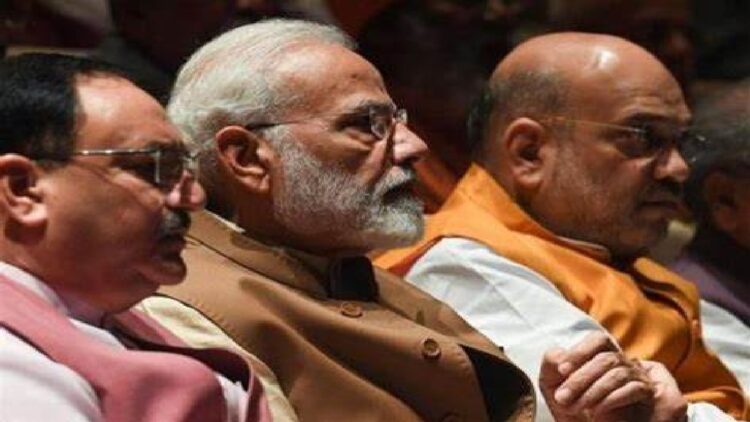New Delhi. The second part of the budget session of Parliament is going to start from March 10. During this time, once again there is a possibility of raging uproar. According to reports, the Union Cabinet headed by PM Narendra Modi has given the green signal to the Waqf Amendment Bill. Minority Affairs Minister of Modi government, Kiren Rijiju can present the Waqf Amendment Bill to pass the month of March in Parliament. Obviously, the opposition parties will oppose the Waqf Amendment Bill and in such a situation, there can be a ruckus in Parliament.
The Waqf Amendment Bill was introduced in Parliament in August 2024 by the Modi government. After which JPC was formed and sent for discussion there. The JPC of Parliament took opinion from Muslim leaders, religious leaders and all sections of society on the Waqf Amendment Bill. After which the votes of the members who came in favor of 14 changes in the Waqf Amendment Bill were accepted. At the same time, whatever amendments were given by the opposition, they were not considered on the basis of majority. The opposition then accused JPC President Jagdambika Pal of dictatorship on the Waqf Amendment Bill. During the budget session of Parliament, Jagdambika Pal submitted a report of JPC in the Lok Sabha on the Waqf Amendment Bill. Based on this report, the cabinet has approved the Waqf Amendment Bill and approved it.
The issue of Waqf has been in dispute for many years. Actually, the Waqf Board tells any land as its own. Such decisions of Waqf boards cannot be challenged in any court. It has also been revealed that all government lands have been described by Waqf boards. Apart from this, there is no representation of all sections and women of Muslim society in Waqf boards. The issue of not registration of Waqf properties also came in front of JPC. On the same basis, JPC prepared a report on the Waqf Amendment Bill and submitted it to the Parliament. The opposition also protested while submitting the JPC report in Parliament. After which Home Minister Amit Shah had said that the opposition member should write what he wants to write in the report. There is no objection to this.









